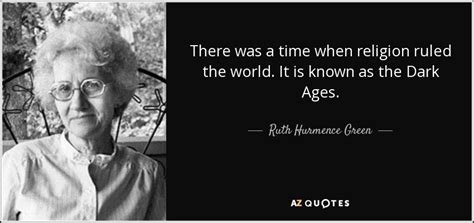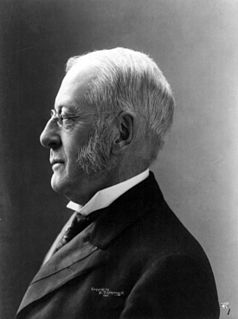A Quote by Robert Walser
At least we should learn to understand our fellow beings, for we are powerless to stop their misery, their ignominy, their suffering, their weakness, and their death.
Related Quotes
There are hundreds of thousands of microbes surrounding us, but they cannot harm us unless we become weak, until the body is ready and predisposed to receive them. There may be a million microbes of misery floating about us. Never mind! They dare not approach us, they have no power to get a hold on us, until the mind is weakened. This is the great fact: strength is life. Weakness is death. Strength is felicity, life eternal, immortal. Weakness is constant strain and misery: weakness is death
It is weakness, says the Vedanta, which is the cause of all misery in this world. Weakness is the one cause of suffering. We become miserable because we are weak. We lie, steal, kill and commit other crimes, because we are weak. We die because we are weak. Where there is nothing to weaken us, there is no death nor sorrow. We are miserable through delusion. Give up the delusion and the whole thing vanishes.
Animals are God's creatures, not human property, nor utilities, nor resources, nor commodities, but precious beings in God's sight. ...Christians whose eyes are fixed on the awfulness of crucifixion are in a special position to understand the awfulness of innocent suffering. The Cross of Christ is God's absolute identification with the weak, the powerless, and the vulnerable, but most of all with unprotected, undefended, innocent suffering.
I feel that we should stop wasting our time trying to please the supernatural and concentrate on improving the welfare of human beings. I think that, uh, we should use our energy and our initiative to solve our problems, and stop relying on prayer and wishful thinking. If we have faith in ourselves, we won't have to have faith in gods.
... True, we are often too weak to stop injustices; but the least we can do is to protest against them. True, we are too poor to eliminate hunger; but in feeding one child, we protest against hunger. True, we are too timid and powerless to take on all the guards of all the political prisons in the world; but in offering our solidarity to one prisoner we denounce all the tormentors. True, we are powerless against death; but as long as we help one man, one woman, one child live one hour longer in safety and dignity, we affirm man's [woman's] right to live.


































